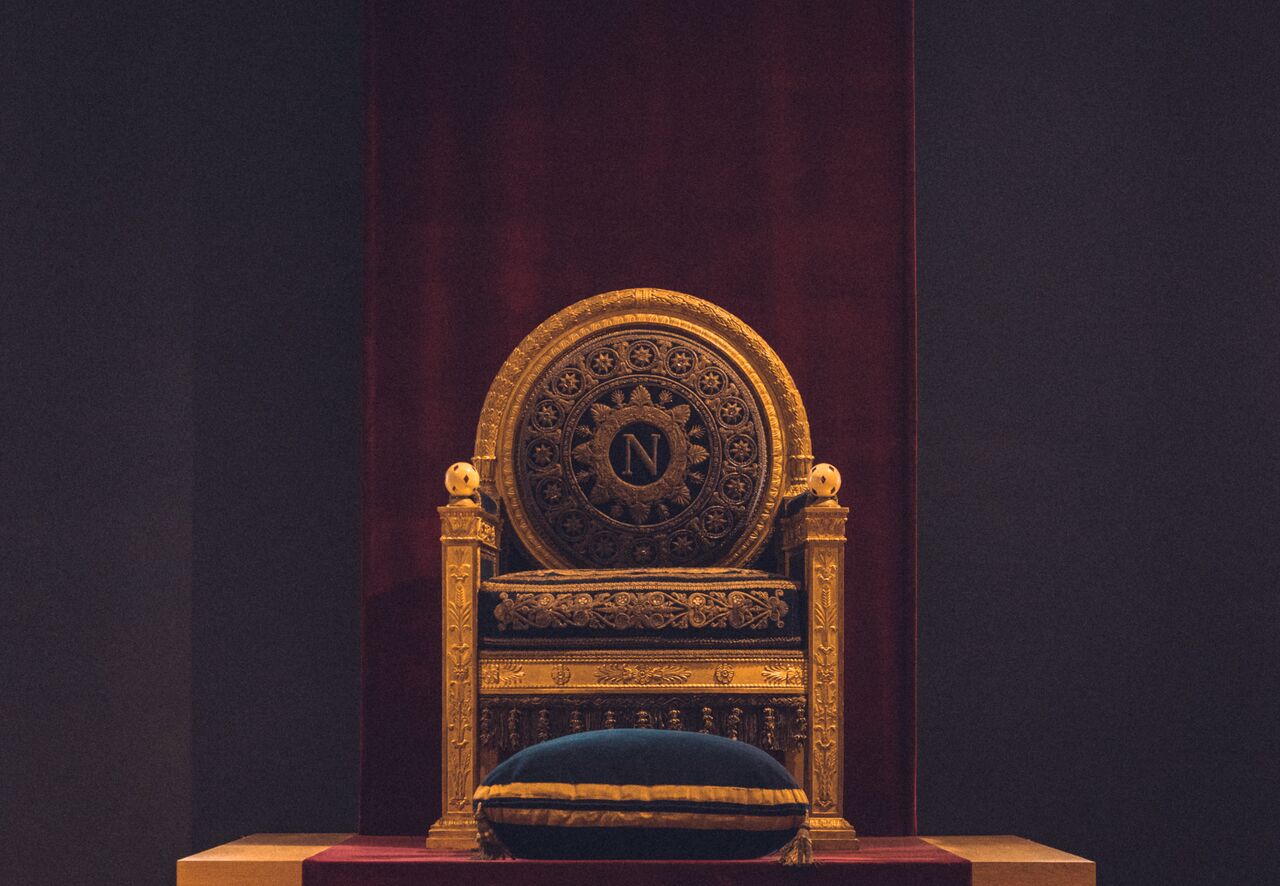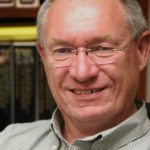
How Not to Ruin a Legacy
There are certain and specific moments in the life of leaders that reveal their truest nature. Events that can expose their hidden hatreds, or uncover their basest desires. These come in many forms.
Sleepless nights can corrupt moral vigilance. Encroaching deadlines can hasten procrastination. Loneliness invites unguarded conversations. Defensiveness sours vulnerability.
For King Saul, the shared spotlight unveiled his murderous envy. After David kills the giant and the king and his troops return from scattering the enemy forces, Saul’s maladjusted instincts creep toward the surface.
As the soldiers parade through the towns, the people of Israel line the streets to celebrate Saul’s victory, and there is much to celebrate. Israel’s first king, their own champion, Saul, has overcome the ominous sea-faring Philistines, a powerful, brute-force of godless heathens. The women of every town quickly come and break out in song. Saul can see them, he can hear the melodies in his ears, and his fragile ego begins to grow.
But upon drawing nearer, he begins to make out the words to the song.
At first he is affirmed by the lyrics, “Saul has killed his thousands . . .” But his swelling pride is short-lived. “. . . And David his tens of thousands.” Scripture says that the phrase “galled” Saul. English author Ruth Rendell says it best: “The knives of jealousy are honed on details.”[1]
So, with each repetition of the chorus, Saul’s knifing envy toward David tapers a finer edge.
Powerful men do not transition well, and this moment was a gift from God, a redemption of sorts for the king. He was fully aware that his reign was coming to an end. Samuel the Prophet had already told him so on the battlefield at Gilgal; he only had to accept it now. If he had been able to let loose of the power, he would forever be known as the king who brought Israel their greatest warrior and king. He would be the man who gave his son the greatest friend he would ever know. He would keep the respect of his soldiers.
And even though he would have still had to embrace his faults, he could have redeemed his legacy. But, powerful men stay too long. Powerful men struggle to release their dominance. Powerful men do not transition well.
Many unexpected moments in leadership can reveal our truest nature, expose our hidden hatreds, and uncover our basest desires, but there is one moment that we can come to expect and even plan for. And that is our exit.
We must always keep in front of us the reality that the final word on our success and legacy is never established by our earliest achievements, our greatest victories, our most noble efforts, or our years of diligent work.
Rather, we will be remembered by our ability or inability to step down, move on, let go, and let others bask in the spotlight.
[1] Ruth Rendell, The Ruth Rendell Mysteries (Arrow Books, 1990), 275.









